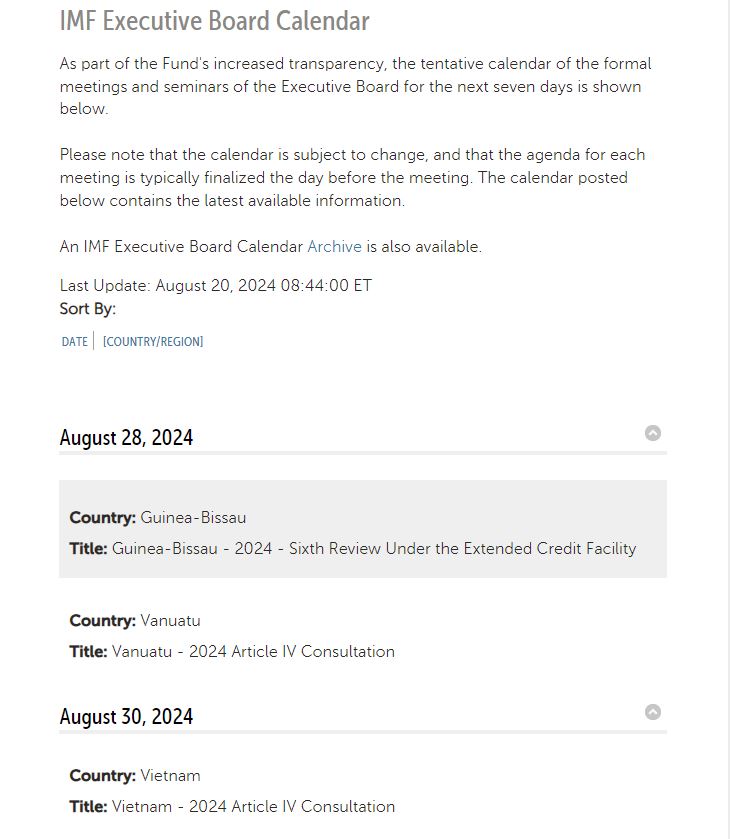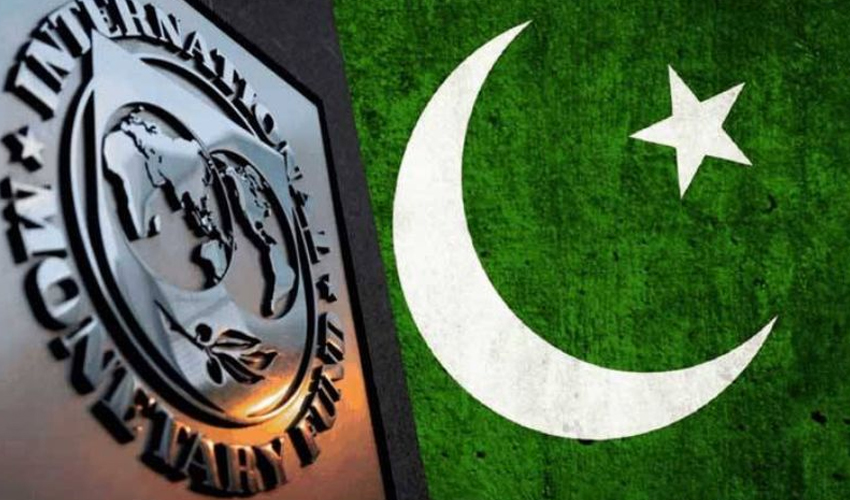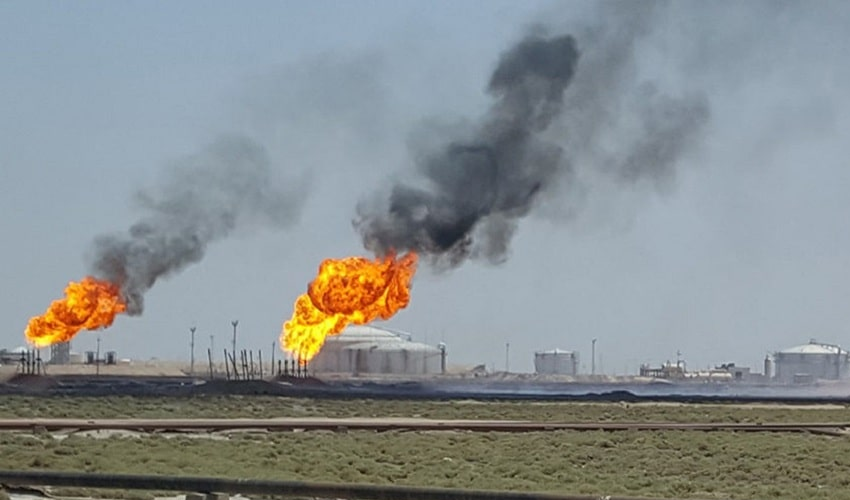The approval of a much-anticipated $7 billion bailout package from the International Monetary Fund (IMF) for Pakistan has been delayed once again.
According to sources, Pakistan's name has not been included in the latest schedule of the IMF Executive Board meeting, which has been released through August 30.
The IMF board will review applications from three countries, including Vietnam, between August 28 and 30. However, Pakistan's request for a new loan program has been postponed until next month, further prolonging the country's wait for financial assistance.

Sources indicate that the main reason for the delay is the non-timely rollover of a $12 billion loan from friendly countries. The IMF has set stringent conditions, requiring Pakistan to secure assurances of external financing before the executive board meeting.
The country currently holds deposits of $5 billion from Saudi Arabia, $4 billion from China, and $3 billion from the UAE.
Pakistan's government has been seeking a rollover of the $12 billion deposit and the refinancing of commercial loans as part of its efforts to meet IMF conditions. The delay in the bailout approval comes at a critical time, as Pakistan faces external payments amounting to $26.4 billion this year, including obligations related to commercial debt.
Also Read: IMF Executive Board meeting agenda issued, Pakistan not included
Earlier, on August 19, the IMF Executive Board’s schedule was until August 28 was released, and Pakistan's name was not included in the board's agenda, raising concerns about the timeline for the disbursement of the loan.
Despite the exclusion, sources indicate that the Executive Board has the discretion to add agenda items outside of the official schedule, leaving room for optimism. This development follows the staff-level agreement between Pakistan and the IMF, which was signed on July 12.
Officials explain that typically, after a staff-level agreement is reached, the Executive Board meets within four to six weeks to finalize the agreement.
The new IMF loan program, set to span over 37 months, is expected to provide critical financial support to Pakistan, helping to stabilize the economy, boost foreign reserves, and address ongoing fiscal challenges.



























